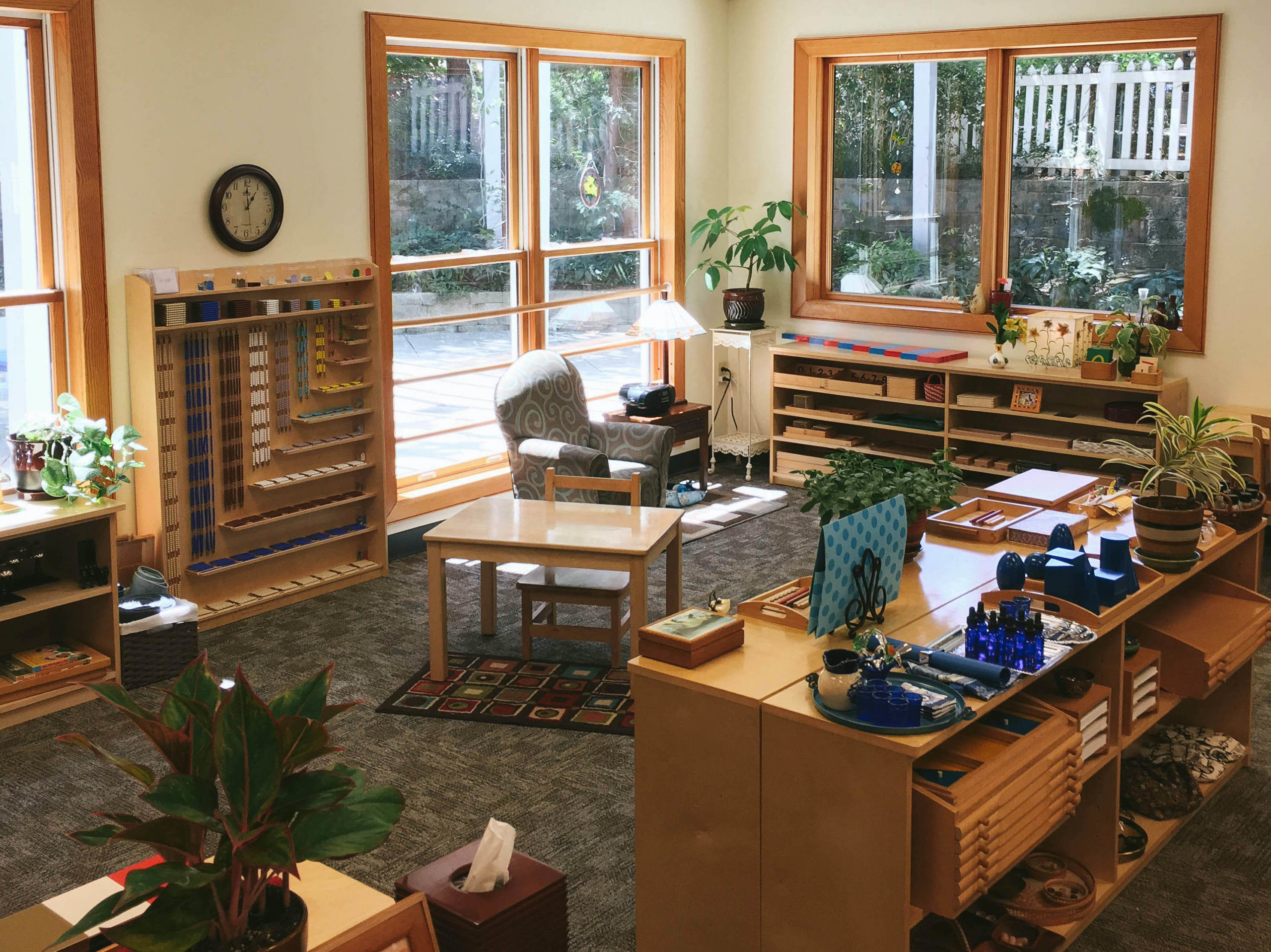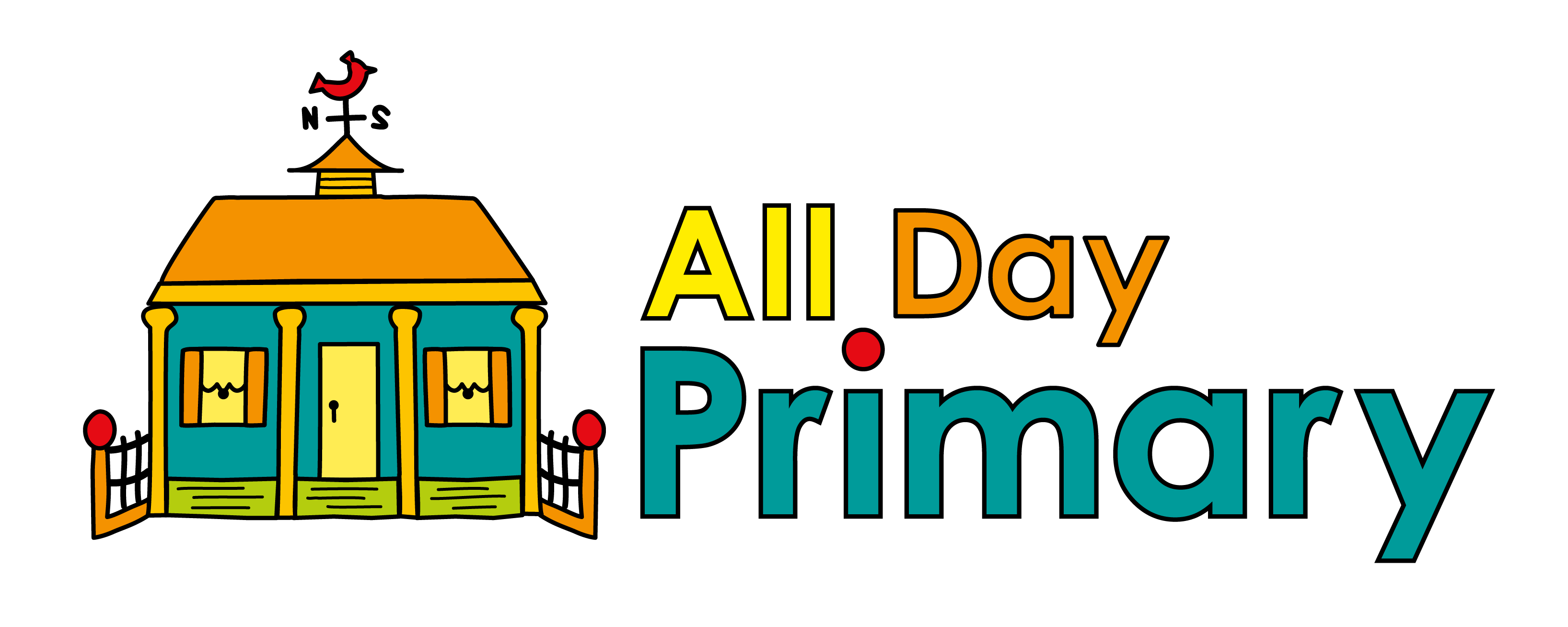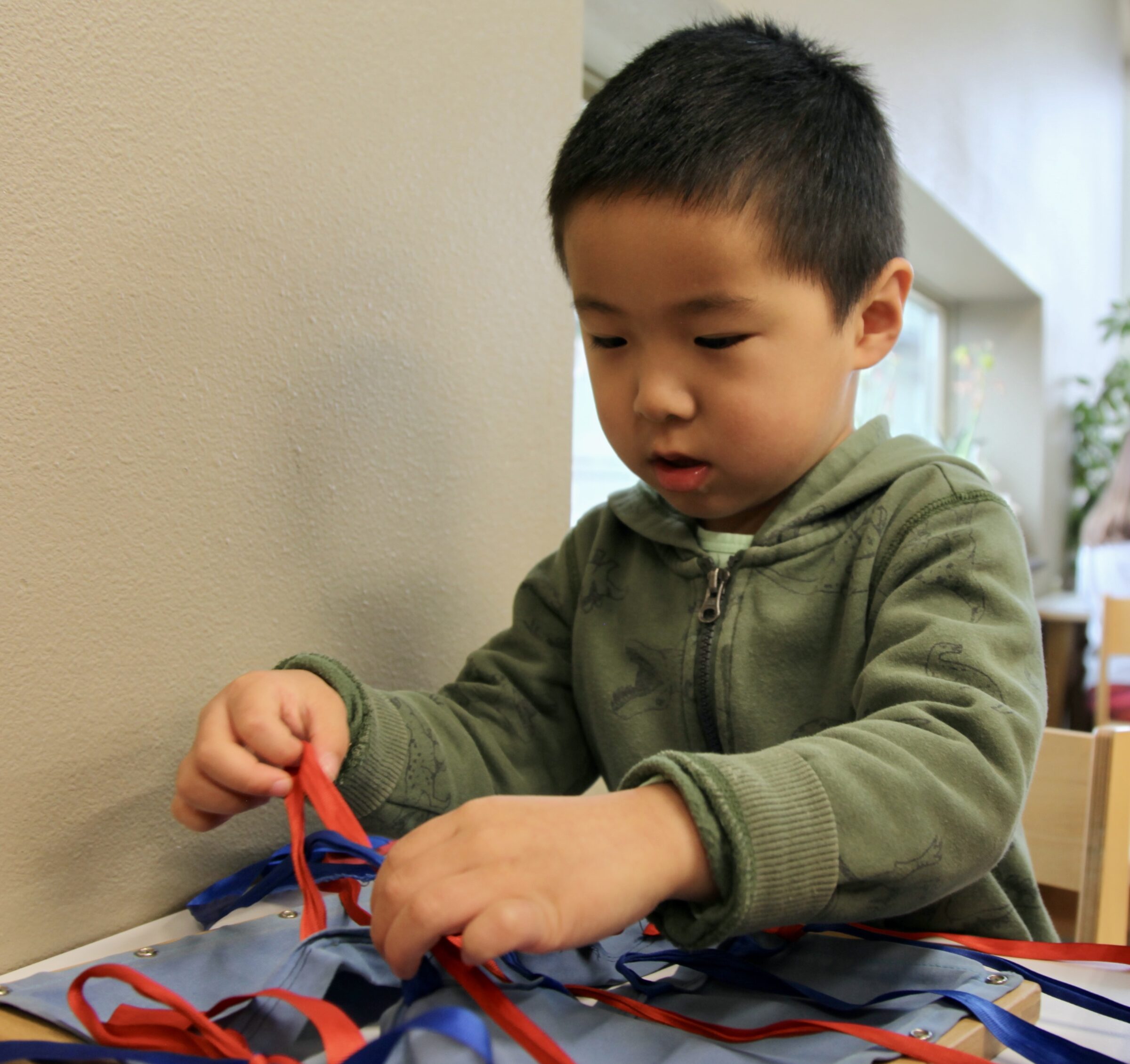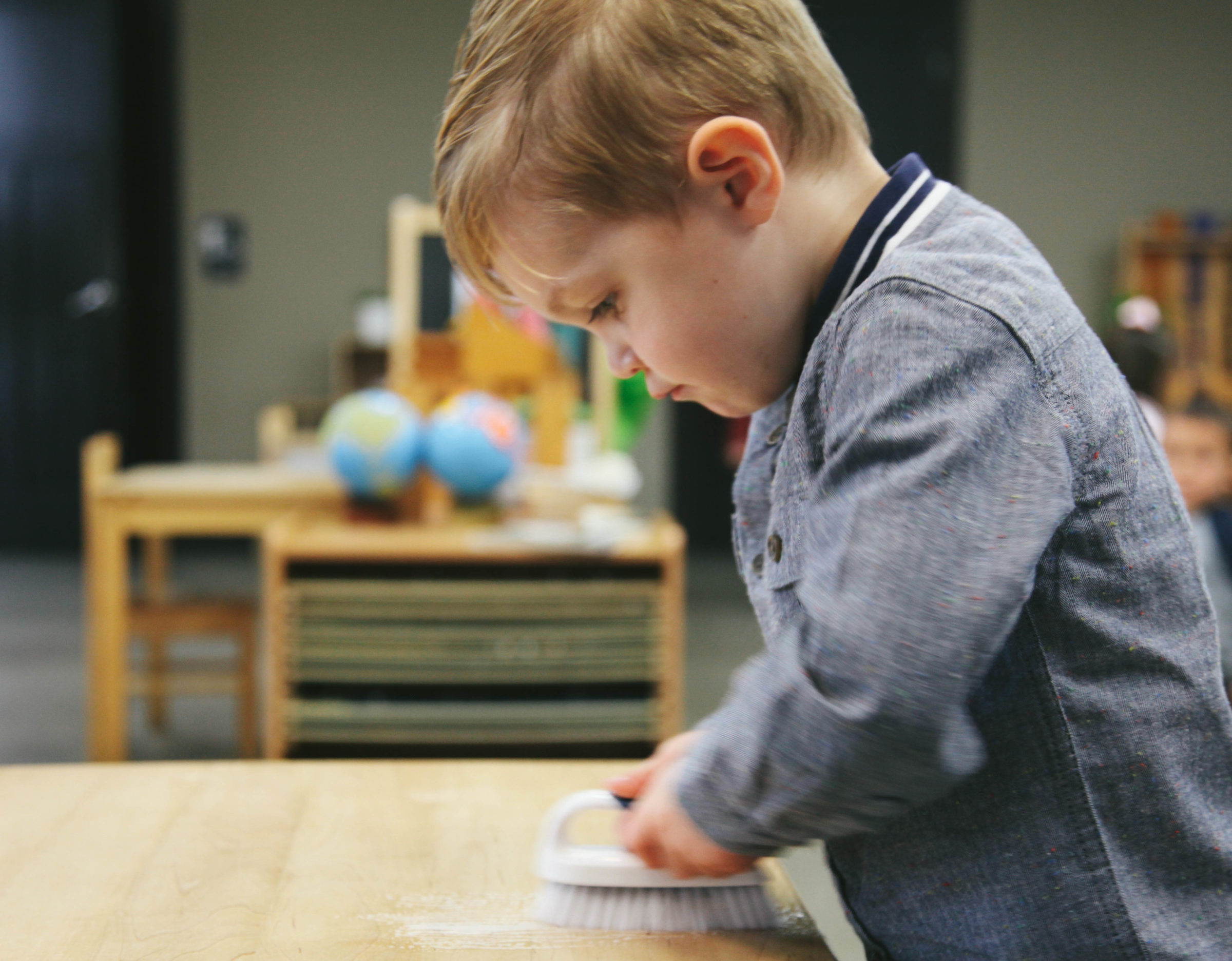Spotlight All-Day Primary
Spotlights
This interview is with Myesha Green, an educator at Arbor Montessori School and the genius behind All-Day Primary
Q: Can you tell us a little bit about yourself? Your background, your interests, your dreams?
Hello! My name is Myesha Green, and I am a primary Montessori guide at Arbor Montessori School in Atlanta, Georgia. I just completed my 13th year as the lead teacher in an all-day primary community, and I have enjoyed every minute of my time with the children. I grew up in the suburbs of Houston, Texas, and attended Montessori school from my primary years through upper elementary. If you asked, I could draw a detailed picture of my primary classroom complete with spooning trays filled with black-eyed peas and a red ellipse made with electrical tape. I can finally admit that I was the child who tried to pull up the line during circle time. I can also describe my second-grade obsession with the checkerboard and share memories of presenting my elementary research project on London’s culture. Needless to say, I loved every moment of my Montessori education.
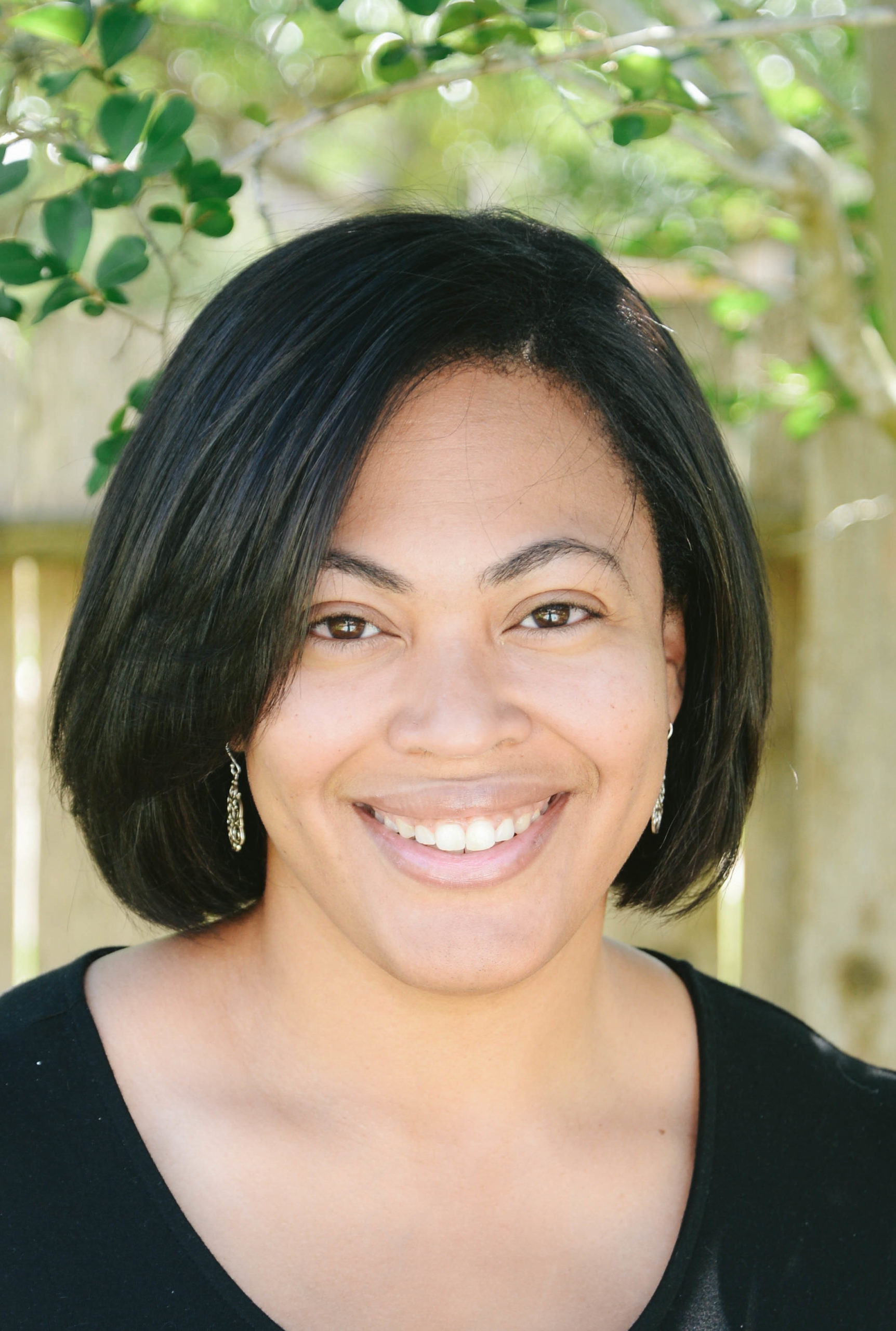
I spent my college years exploring the world of science. After completing my doctoral degree in Immunology, I hung up my lab coat and enrolled in the AMI primary training course. Over the years, I have completed elementary training, consulted on behalf of AMI USA, served as a mentor to a local Montessori public school teacher, and volunteered for organizations seeking to bring Montessori to areas where it is less accessible. I am married to my college sweetheart, who happens to also be the most supportive “Montessori husband” imaginable. My hammock is my happy place, I am analytical in nature, and I describe myself as living life cautiously with no regrets.
Q: Now that the hardest question is out of the way: What’s your favorite color?
Do I have to pick just one? My favorite colors are blue and silver. I have loved these colors since I was a small child, and they have never changed. Blue and silver were my wedding colors too!

Q: Do you have a favorite book?
Again, I ask, do I have to pick just one? My two favorite books (today) are both stories meant for children. The first is South by Patrick McDonnell. This story has no words, and yet tells a powerful story of how offering help and friendship can be life-changing and life-affirming. The second is The Fall of Freddie The Leaf by Leo Buscaglia. My mother gave me a copy in 1983 in hopes that it would help me better understand the meaning of life. As an adult, I still cherish this story as it reveals new meaning each time I read it. I have yet to make it through the entire story without shedding at least one tear.
Q: When you close your eyes late at night and imagine waking up and starting a new adventure: what is that adventure?
A new adventure, you say. I would absolutely become a full-time teacher advocate. So many times, I meet teachers who complete their Montessori training and yearn for support as they fully implement what they have learned to do. I was so lucky to have influential mentors and consultants early on, and I would welcome the opportunity to help teachers reach their fullest potential in the service of the children in their communities. Otherwise, I would love to spend my summers driving a bobcat or backhoe, and my winters de-icing planes. Learning how to operate these types of heavy machinery are definitely items on my bucket list.
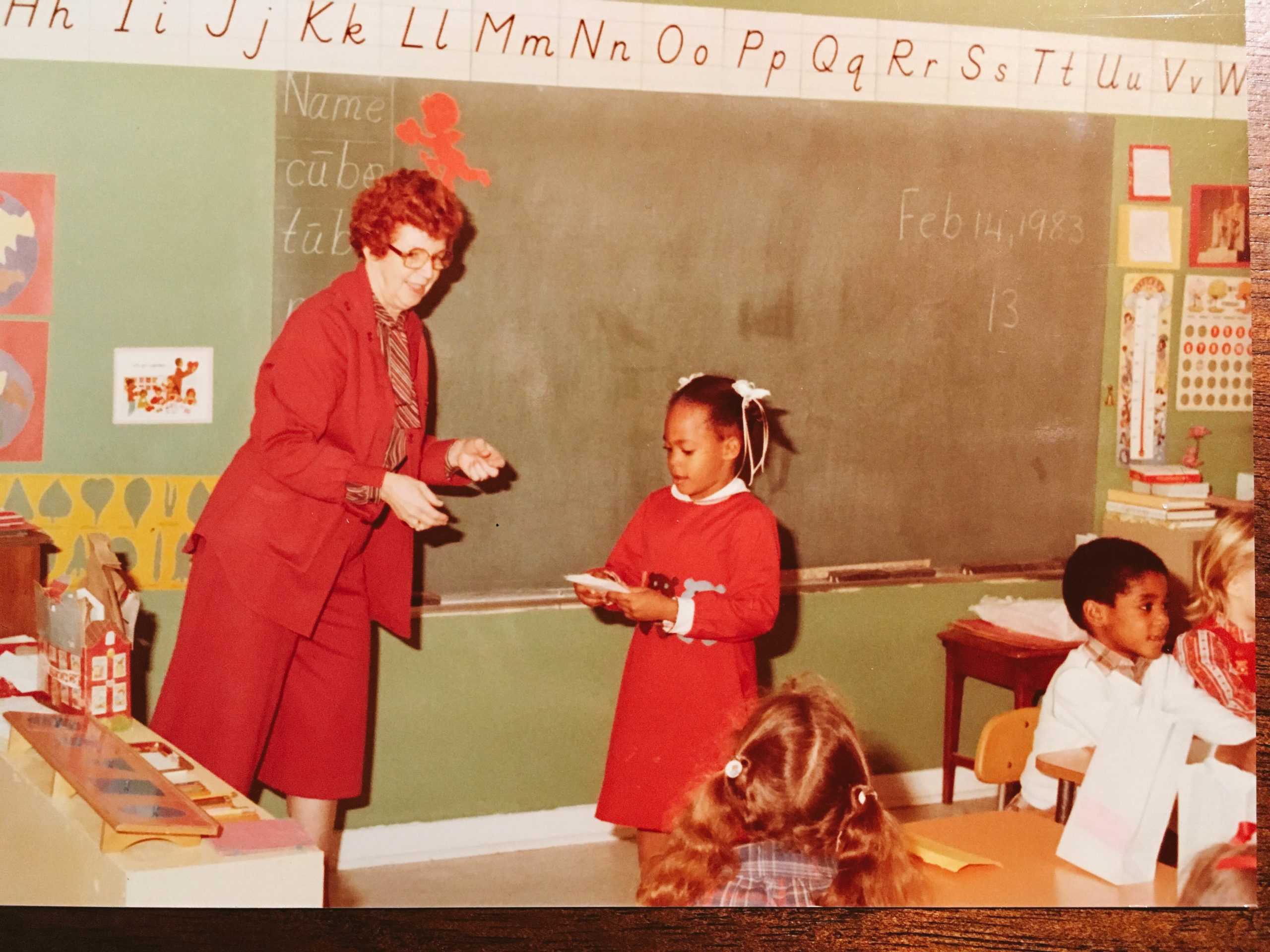
Q: What first appealed to you about Montessori?
Montessori is ingrained in everything I do. I don’t remember life before Montessori. Perhaps the better question would be, “What drew you back to Montessori?” During graduate school, I worked as a teaching assistant for a medical microbiology class. During our labs, the most frequently asked question was, “Will this be on the test?” To these students, learning was an obligation, and coursework was simply a series of checkboxes that needed to be ticked off in order to qualify for the next class. This is not at all how I approach education, and I realized it had everything to do with how I was introduced to learning during my early years. Montessori, as an educational philosophy, allows one to ask questions, explore answers, fail spectacularly, and try again as part of the learning process. Learning in a Montessori setting is experiential, collaborative, and fun. It is important to me that children have this incredible foundation for their learning as well.
“Montessori is ingrained in everything I do. I don’t remember life before Montessori.”
Q: What advice do you have for new Montessori adults?
Learn as much as you can about the philosophical principles. Remember, freedom is balanced with responsibility. Truly listen to the children and take note of what they show you. Sit on your hands more than you intervene. Remember to allow children to make mistakes. Lastly, be humble enough to learn valuable lessons from even the youngest of children.
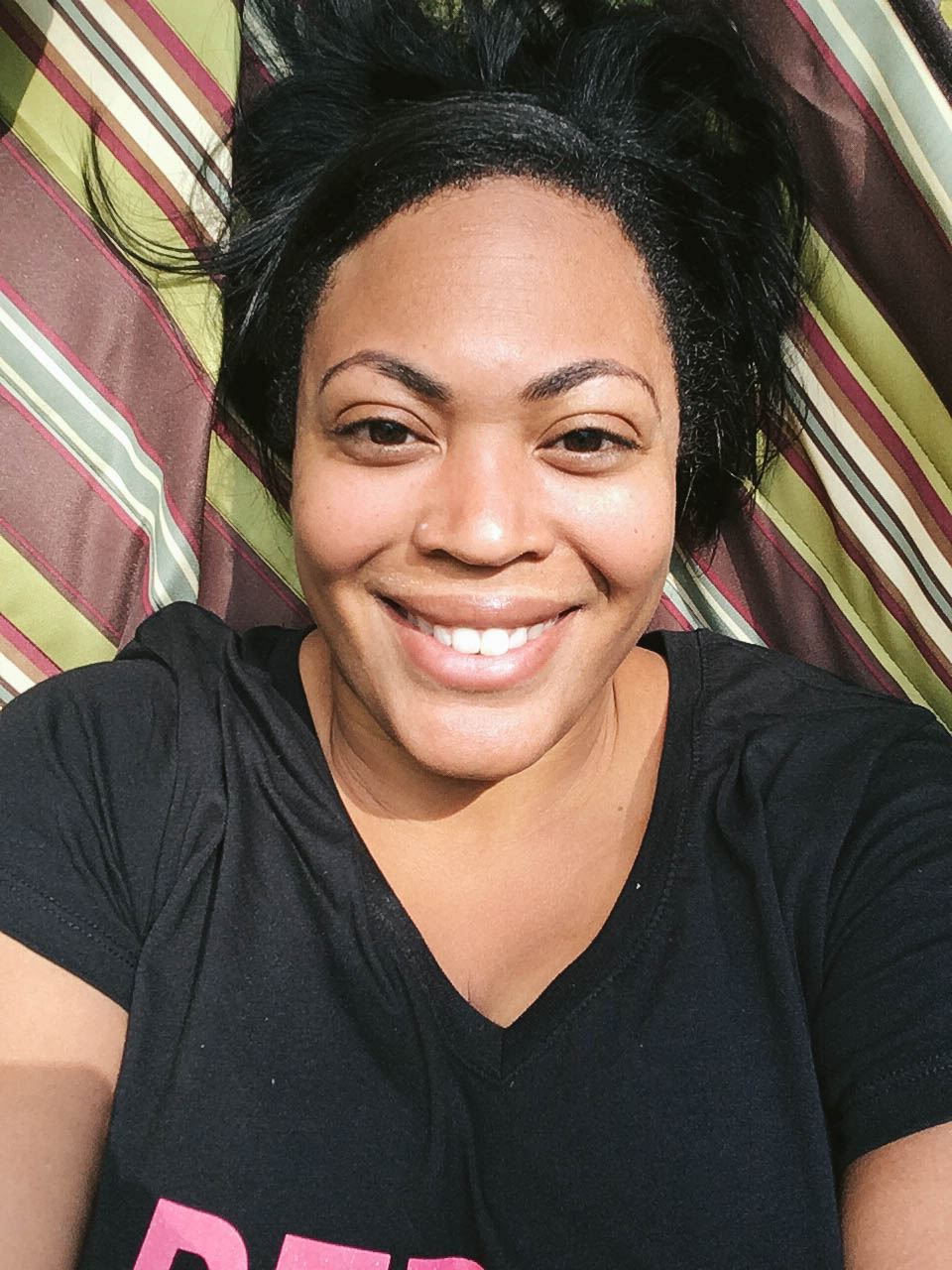
Q: What inspired you to share your Montessori story on your blog and social media?
Children are spectacular. If we truly prepare an environment meant to meet their needs and provide motives for activity that appeal to their stage of development, magic can happen. I heard from so many new teachers that the ideals shared in the training were not something that could be expected or realistically attained in the classroom. And yet, I saw these moments unfold each day. I started my Instagram account to share these moments with others. I also share not-so-awesome moments too!
Q: What inspired you to create All-Day Primary?
I remember very clearly when our school decided to shift to a Learning from Home model in response to COVID-19. Teachers at our school, and around the globe, were faced with the reality that we would need to offer Montessori from a distance. I asked myself the important question, “How do I translate our 100+-year-old, hands-on, materials-based, individualized curriculum into something that can be sent home electronically?” In all honesty, it is not possible. And yet there was an urgent need to support parents in their efforts to continue an atmosphere of Montessori learning at home.

All-Day Primary started as a simple idea. My husband, Neil, watched me type from 6 am to 11 pm as I worked (in between zoom gatherings) to create “Learning from Home” lessons for my primary children. After a few weeks of emails, he commented that my parents are most likely frustrated by scrolling through their inboxes to retrieve old activities; he offered to make them easier for people to access. He wrote software that takes in my word documents, audio files, and pdfs from our shared Dropbox folder to automatically generate the website content. The more content I created, the larger the site became. I hoped to offer a repository of Montessori-inspired activities- accompanied by our guiding pedagogical principles- as a way to support my class community, at least temporarily.
Around the same time, I noticed numerous comments on Facebook, Instagram, Twitter, and listservs made by teachers who were seeking Montessori activities to share with each other and their class communities. A former parent, who recently relocated to Turkey, reached out to me for ideas as well. We decided to share All-Day Primary with the greater Montessori community as our contribution to the collective pool of free resources available to parents and teachers who were working tirelessly to support the children in their care . As of today, over 100,000 documents have been downloaded by parents and teachers from over 125 countries.
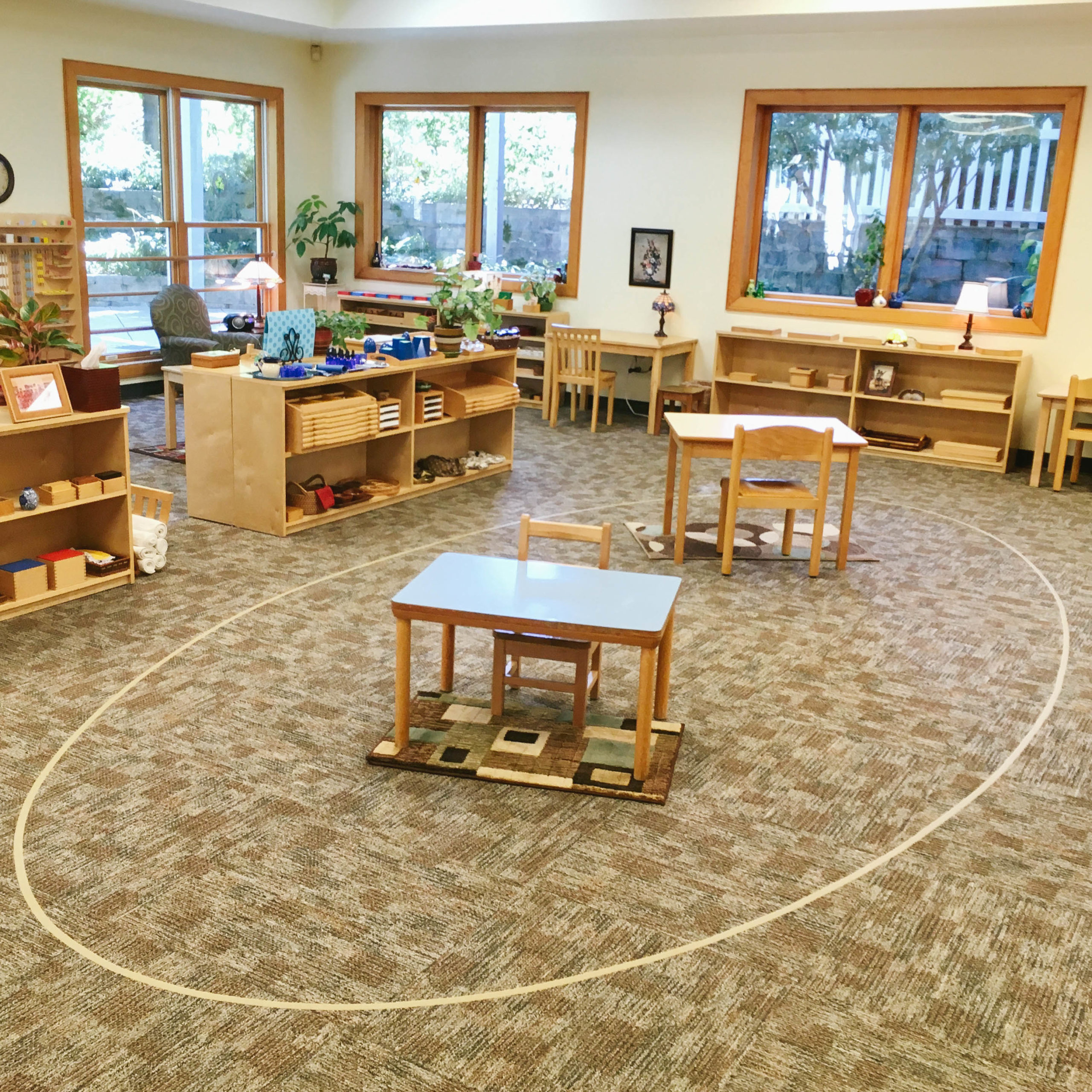
Q: What do you think is the best introduction to Montessori?
Take a moment to observe in a Montessori environment. If possible, find a place that serves a broad age range. Sit in an Assistant to Infancy (toddler) community for 30 minutes. Then, peek into a primary, elementary, and adolescent community. Witnessing the capabilities of the 18-month-old child and the 15-year-old adolescent will speak volumes.
Q: What continues to inspire you about Montessori?
Montessori has the potential to inspire a love of learning in any child at every age. When I observe children engaged with their favorite lessons, and they are smiling, I know that all is right in the world.
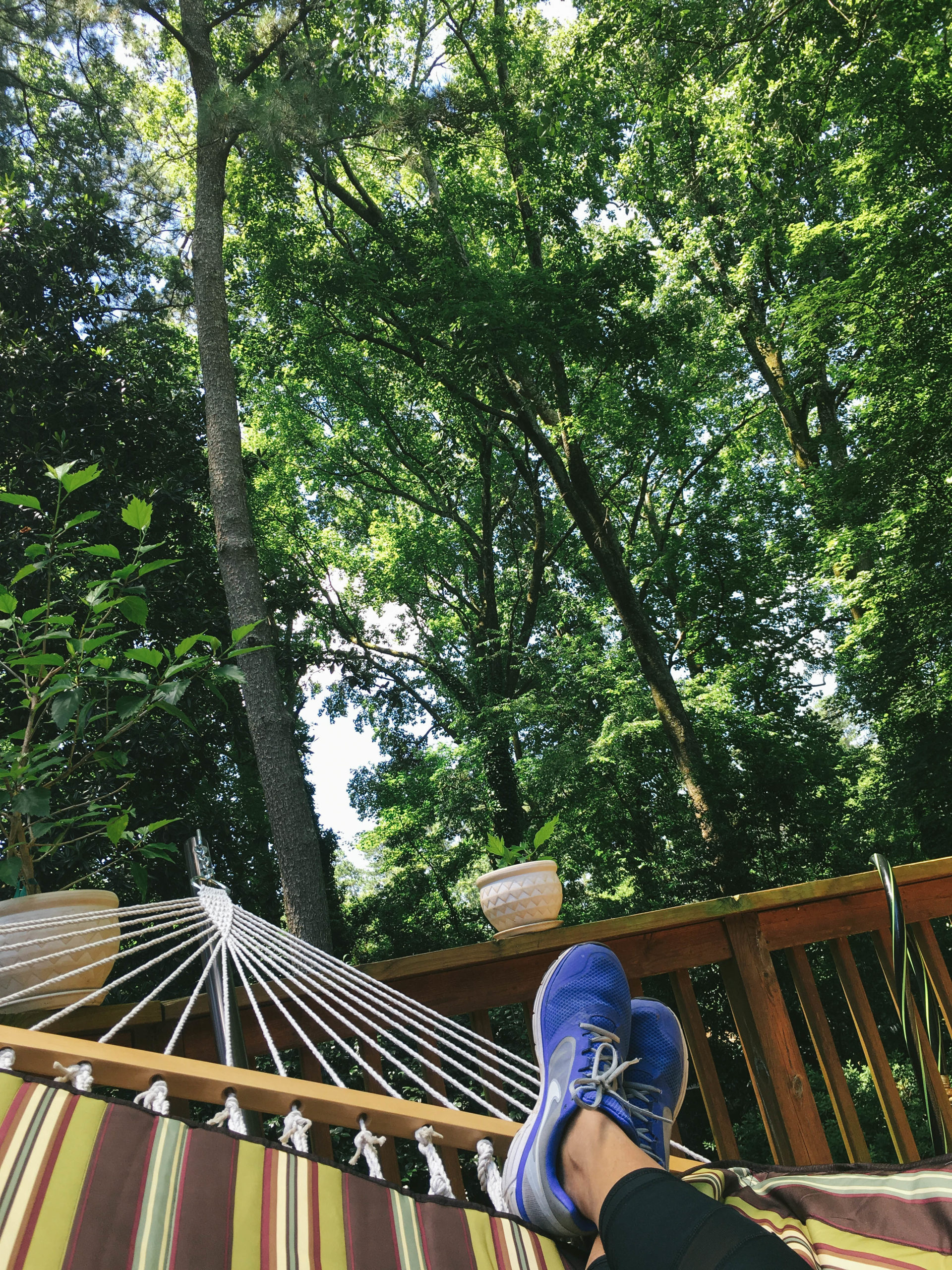
Q: In what ways do you envision the future of education?
Education will need to shift and adapt to meet the needs of children growing up in a world shaped by technology and a global economy. Our educational approaches will need to de-emphasize standardized tests and homework in favor of helping children learn how to learn. Our children’s ability to know how to teach themselves new skills is the most certain way to prepare them for an uncertain future.
Written by:
Charlotte Snyder
